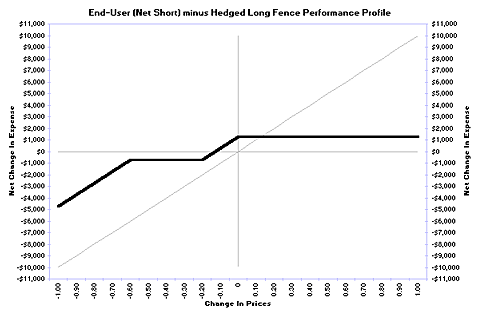The Basics and Risks of Short Selling
Post on: 31 Август, 2015 No Comment

A short sale is the exact opposite of the purchase of a stock, in that an investor makes money
when the stock goes down in price and loses money if it goes up. In
a short sale an investor borrows shares of a company and sells them,
collecting the proceeds from the sale. At a later date he purchases
shares on the open market, thereby replacing the shares that were
Short sales are always considered short-term trades, no matter how
Risk: It is often said that short selling is more risky than buying long because your
loss is limited when buying long (the stock can only go to zero),
while a stock can go up forever. While this is technically true, the
risk is manageable because stocks don’t go up infinite amounts as
long as the investor is very disciplined and has a firm price target
above which she will cover and close the transaction, no matter what.
Note that if the company is bought out or other big news occurs, the
stock may shoot right through the target, but even then stocks don’t
just go from $10 to $500 in a day. Still, because time works against
the short sale to some extent, there is more risk in selling short
than going long.
Effect of bad positions: If one buys long and a stock goes down, while a loss
is being taken, the position becomes a smaller and smaller percentage
of the portfolio as the stock declines. With short selling, if the
stock goes up, the position becomes larger and larger. If the amount
The time when it may be worth selling short is when the market is so unbelievably
over-valued, or the likelihood of the market falling is so great
For example, in the summer of 2008 the housing bubble was threatening to burst. I owned
a lot of retailer stocks that I knew would be hurt if consumers were
no longer able to roll their credit card balances into their home
loans, but I did not want to sell the stocks outright. I decided
therefore that shorting some of the lenders would be a good hedge.
Since the lenders had been doing very well and the price of their shares had risen a lot
I also saw that oil prices were very high, and that the price of oil stocks was probably
as high as it would get. I thought that if the economy slowed down,
demand for gasoline would fall. Because the shares were already at
high prices, I reasoned that they were unlikely to go a great deal
Even though I was eventually right and did very well in 2009 while most were taking
large losses, it was not uneventful. Shortly after I took up a short
position in Golden West Financial, the stock was bought out, jumping
from about $20 to the mid-thirties in a day. Eventually Golden West
Financial gave great heart burn to the company that acquired them. I
was right about the future of Golden West’s business, but that was
of little solace to me because I had already lost quite a bit on the
trade when the company was acquired (I had a similar experience with
So to sum up, short selling can be profitable, but the interim movements of the stock you
are shorting can cause losses, even if you are eventually right about
the company. Also, just because a stock is very expensive doesn’t
mean it can’t go higher for a while or that another company might
not buy it out for even more money. I therefore only sell short when
I believe there are systemic risks in the market and I wish to hedge
against a fall rather than selling outright. I also only short
stocks that I believe have gone up so much that they have more room
on the downside than the upside.
Your investing questions are wanted. Please send to vtsioriginal@yahoo.com or leave in a comment.
Follow on Twitter to get news about new articles. @SmallIvy_SI
Disclaimer: This blog is not meant to give financial planning or tax advice. It gives general information on investment strategy, picking stocks, and generally managing money to build wealth. It is not a solicitation to buy or sell stocks or any security. Financial planning advice should be sought from a certified financial planner, which the author is not. Tax advice should be sought from a CPA. All investments involve risk and the reader as urged to consider risks carefully and seek the advice of experts if needed before investing.














